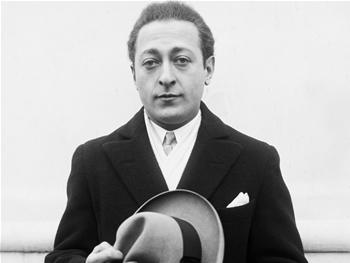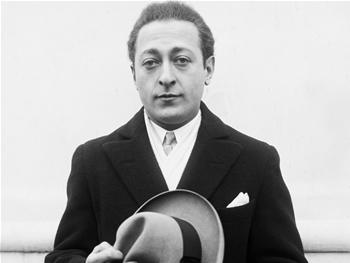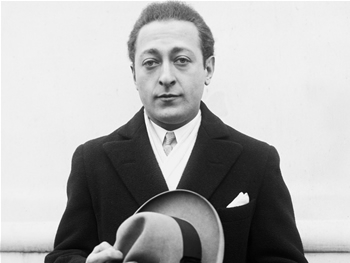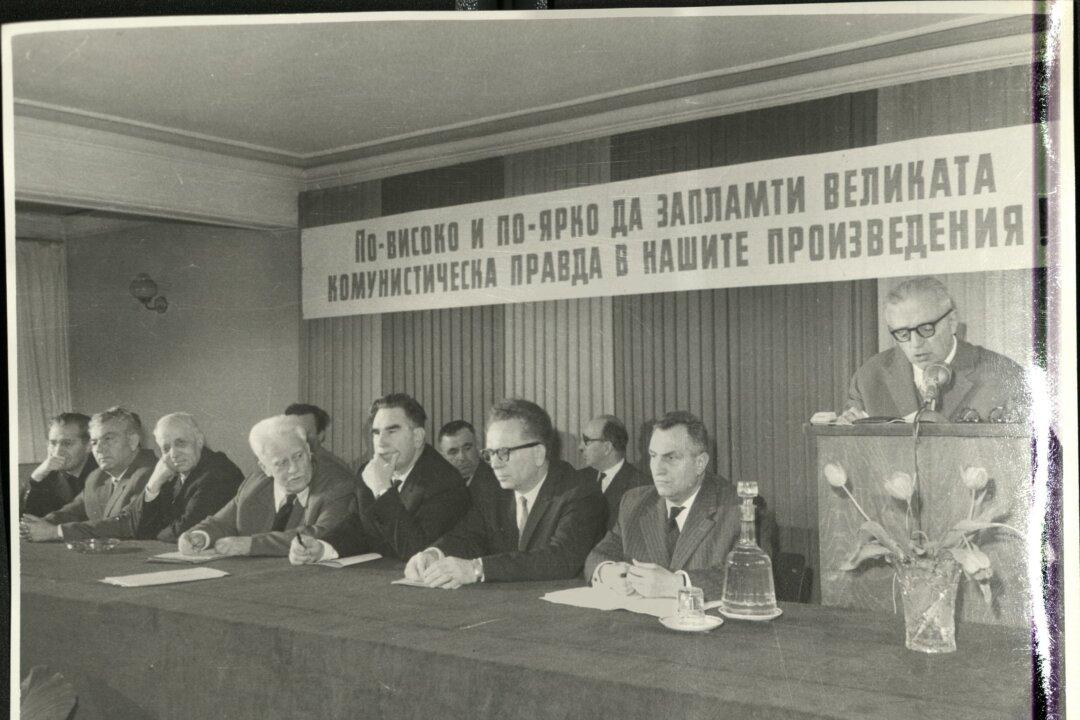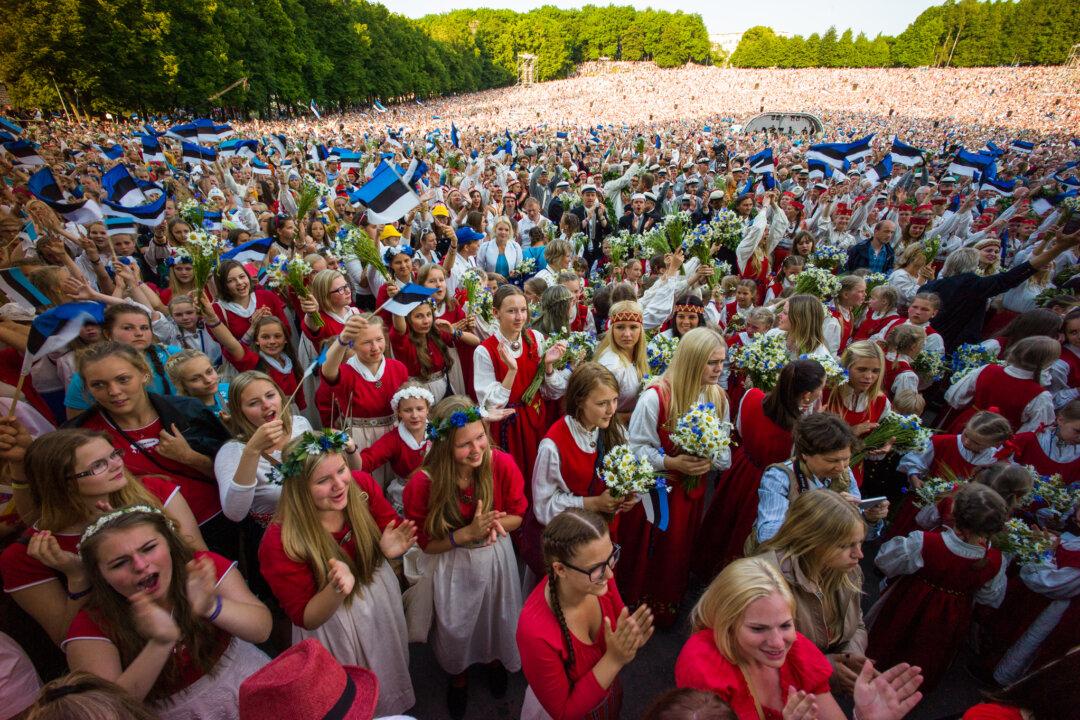Each year on Feb. 2, possibly the two greatest violin performers of the 20th century greeted each other on their common birthday—Austrian-born Fritz Kreisler and his quarter-century younger colleague, Lithuanian-born Jascha Heifetz. This year, to celebrate the two musical genii, violinist Guillaume Tardif will perform a selection of arrangements and compositions by these two masters as “birthday cards” at the University of Alberta, Canada.
Throughout their long careers and lives, Kreisler (1875–1962) and Heifetz (1901–1987) were dear friends and admirers of one another. Although Kreisler never took on formal students, he did his best to reveal all his techniques to the younger prodigy Heifetz.
Their first encounter was charming. Heifetz, who was 11 years old at the time, had just debuted successfully in Berlin with the Berlin Philharmonic. He was already considered a child prodigy, as had Kreisler, who began playing the violin at age 4, before him. During a private party, little “Maestro Heifetz” was asked to play the “Mendelssohn Concerto.” Heifetz wanted to play, but there was no one to accompany him on the piano. Out of the audience came a young man who said, “I'd be happy to accompany you,” and together they played the whole concerto by heart. This young man was Fritz Kreisler.
Brothers in Strings
In many respects, the lives of the two violin virtuosi were quite similar: both demonstrated a great love for music from a very young age and were encouraged by their fathers to develop it. Kreisler was admitted to the Vienna Conservatory at the age of 7 and finished his education at 12. Heifetz appeared publicly for the first time when he was 7.
Listen to Fritz Kreisler’s performance of “Thais Meditation”.
[youtube]6un_YIawX-E&feature=related[/youtube]
Both European-born, they each gave many concerts and tours throughout Europe before coming to the United States, where they eventually met. They were both born on Feb. 2, and each was famous for an astoundingly unique style of playing. Many people say that when Heifetz or Kreisler are heard playing, one is sure to recognize that it is them and nobody else.
In addition to being magnificent musicians, both Heifetz and Kreisler left behind a great number of compositions and arrangements of original pieces for violin and piano. It would be difficult to find a contemporary performer who has not played their pieces.
Among the most notable of Kreisler’s works are “Liebesleid” (Love Sorrow), “Tambourin Chinois” (Chinese Tambourine) and “Caprice Viennois,” (Viennese Caprice). Kreisler is known as one of the best violin masters ever and is famous not only for his brilliant technique and but also for the warmth of his sound.
Listen to Jascha Heifetz' performance of Tchaikovsky Violin Concerto: 1st movement.
[youtube]kFaq9kTlcaY[/youtube]

